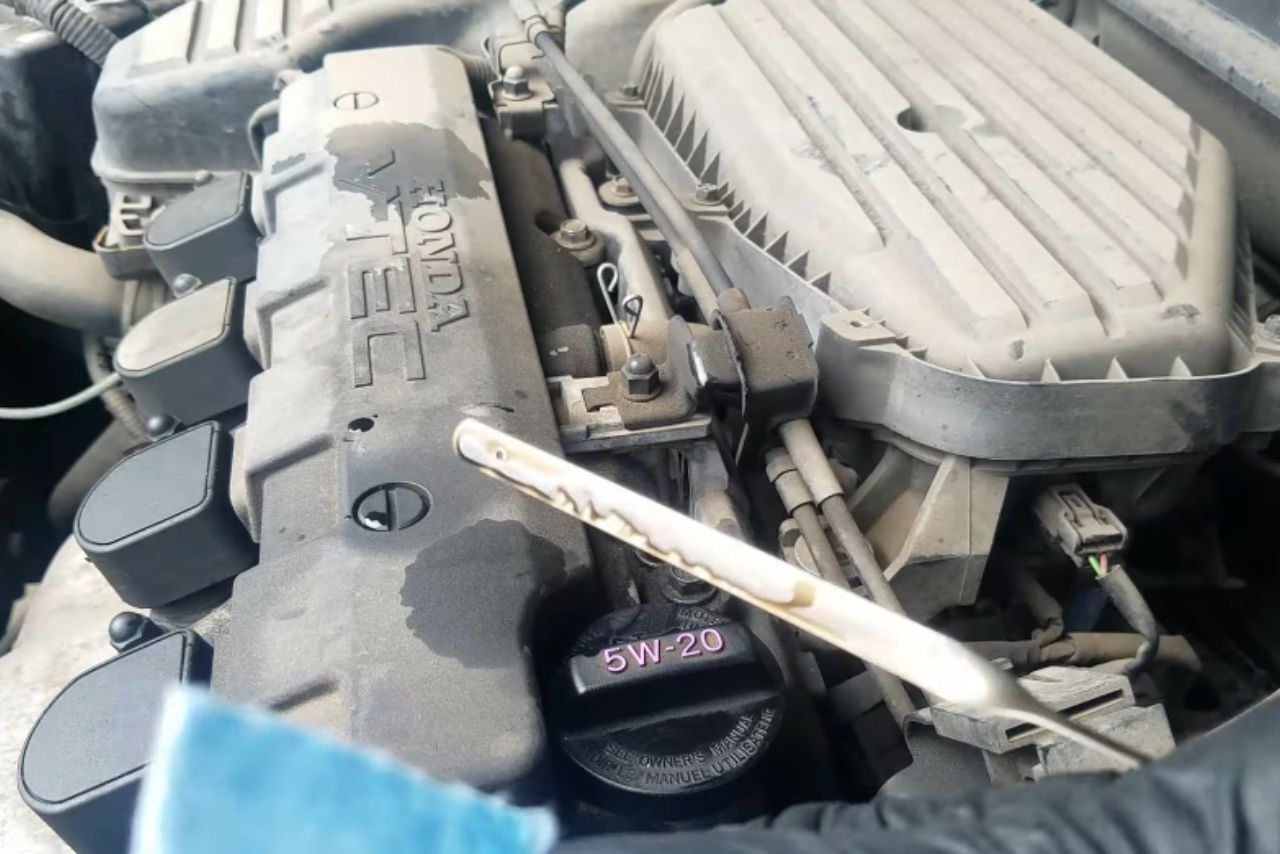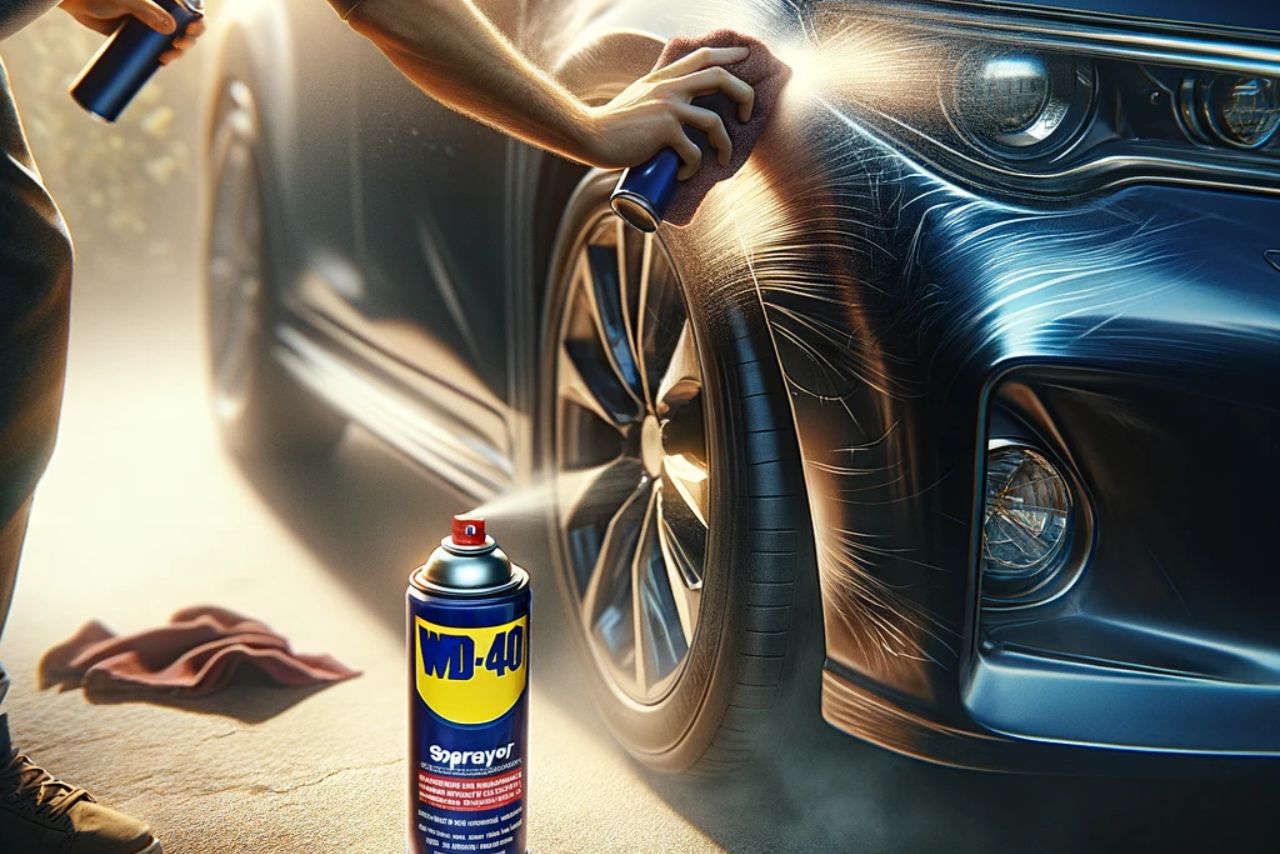If you’ve noticed your Volkswagen (VW) is burning through oil faster than usual, it’s crucial to understand why.
In this article, we’ll delve into the top reasons for VW Reduce Oil Level and provide practical solutions on how to fix them.
Whether it’s due to a faulty engine component or irregular maintenance routines, these issues are often manageable with the right knowledge at hand.
VW Reduce Oil Level 100% Solution:
Experiencing a ‘VW Reduce Oil Level’ warning in your Volkswagen Taos? Users encountered this issue, often post-oil changes. Dealerships resolved it by removing excess oil. Consider checking levels promptly, especially after short trips. DIY oil changes may help control oil amounts. Stay vigilant for optimal engine performance!”
Here In the below image You Can see the proof 👇, one of our reader who fixed his VW Reduce Oil Level problem by using our method this issue was due to Extra amount of oil and the dealer removed a small amount of oil and the issue got fixed! 😍

Table of Contents
Users experienced a “volkswagen oil level too high” warning in their Volkswagen Taos, triggered by excessive oil levels. Some reported issues after routine oil changes, while others faced recurring warnings.
User Experiences:
Resolution Suggestions:
Understanding the Importance of Proper Oil Level:
Maintaining the right oil level in your VW is crucial. Here’s why:
Checking Your VW’s Oil Level:
It’s not rocket science! Follow these simple steps:
The reading should be between min-max levels indicated on the dipstick.
| Dipstick Reading | What It Means |
|---|---|
| Above Max-level | Overfilled – could lead to issues like increased pressure or leaks |
| Between Min-Max | Perfect – Keep cruising! |
| Below Min-level | Underfilled – risk of inadequate lubrication leading to severe damages |
Remember: Regular checks can help you maintain balance and keep your VW running smoothly!
Symptoms of Low Oil Level in VW Vehicles:
Experiencing these signs? Your VW might have a low oil level:
Here’s how these symptoms compare:
| Symptom | What It Means |
|---|---|
| Rough or Unusual Engine Noises | The lack of proper lubrication causes parts within the engine rub together. |
| Oil Pressure Warning Light | There isn’t enough oil for maintaining optimal pressure. |
| Decreased MPG | Engine operates less efficiently due to inadequate lubrication. |
Remember: Regularly checking your VW’s oil level will help prevent damage and prolong its lifespan!
Common Causes for Reduced Oil Level in VW Cars:

There are several reasons why your Volkswagen might be losing oil. Here’s a breakdown of the most common causes:
1. Oil Leaks:
- Most often, this is the culprit behind reduced oil levels.
- Check underneath your car for any signs of leakage.
2. Worn Out Engine Parts:
- Over time, engine parts wear out and can cause oil to burn faster than normal.
- This includes components like seals, gaskets, and pistons.
3. Faulty Oil Filter:
- A damaged or defective filter won’t clean the oil properly leading to its quick degradation.
Below is a table summarizing these issues along with their potential fixes:
| Issue | Possible Solution |
|---|---|
| Oil Leaks | Locate and repair the source of leak |
| Worn Out Parts | Replace worn-out engine parts |
| Faulty Filter | Change the filter regularly |
Keep an eye on these key factors to prevent unnecessary damage to your vehicle!
Watch this video for more insights:
Checking the Oil Level: Step-by-Step Guide:

Follow these steps to accurately check your VW’s oil level:
You’ll find two marking points ‘MIN’ and ‘MAX’. Check where does oil line fall between them.
- If it falls closer to ‘MAX’, you’re good to go!
- If towards ‘MIN’ or below, you need to add more oil immediately!
| Reading | Action Required |
|---|---|
| Above ‘Max’ | Reduce Oil Level |
| At ‘Max’ | No Immediate Action |
| Below ‘Min’ | Add More Oil |
Remember not to overfill! Excess can cause damage too as insufficient levels do!
Top Tips for Maintaining Optimal Oil Levels:

Maintaining the right oil level in your VW is crucial. Too much or too little can lead to severe engine issues. Here are some tips to help you keep tabs on it:
Here’s a simple step-by-step guide on how to check and maintain optimal oil levels:
- Park your car on a flat surface and wait for the engine to cool down.
- Pull out the dipstick, wipe it clean with a lint-free cloth, then reinsert it fully.
- Pull it out again and see where the line of oil reaches:
- If it’s between ‘min’ and ‘max’, no need to top up!
- If below ‘min’, add more as necessary.
Remember that overfilling can be just as damaging as underfilling! It may cause foaming which can lead to erratic hydraulic pressure.
| Signs of Overfilled Engine Oil | How To Fix |
|---|---|
| Poor fuel economy | Adjust amount of engine oil |
| White smoke from exhaust pipe | Drain excess engine fluid |
| Foamy/bubbly looking dipstick reading | Consult with professional mechanic |
And there you have it! Remember these little nuggets so you’ll always have proper lubrication in your VW’s veins!
How to Add Engine Oil in Your VW Vehicle?
Adding engine oil to your VW vehicle is a simple process that can prevent many engine problems. Here’s how:
| Oil Level | Action |
|---|---|
| Too Low | Add oil |
| Just Right | No action required |
- Add Oil if Necessary: If low, pour new oil into filler hole using a funnel till you reach just below maximum level on dipstick. Note: Be careful not to overfill.
- Replace Filler Cap & Check Again: Screw back filler cap clockwise and check reading once more for accuracy.
Remember: Always use recommended type of motor oil for your specific VW model!
Signs of Overfilling Engine Oil and How to Fix It:
Overfilled engine oil can cause serious damage to your VW’s engine. Recognizing the signs early can save you from expensive repairs down the line.
Here are some signals that your car may be suffering from too much oil:
If you notice these signs, it’s crucial to fix the overfill promptly.
Follow these steps:
- Check Your Dipstick: Use this tool to measure oil levels in your vehicle.
- Drain Excess Oil: If there is too much, drain until it reaches a safe level.
- Monitor Performance: Keep an eye on how your vehicle runs after draining excess oil.
Remember, maintaining correct oil levels is vital for keeping your VW running smoothly and efficiently.
| Step | Action |
|---|---|
| 1 | Check Your Dipstick |
| 2 | Drain Excess Oil |
| 3 | Monitor Performance |
Stay mindful of these signs and actions – they could make all the difference between enjoying a smooth ride versus dealing with a hefty repair bill!
Why Ignoring Low Oil Levels Can Lead to Serious Damage?
Ignoring low oil levels in your VW can lead to several serious issues. Here’s why:
Here are some common damages when you ignore low oil levels:
| Common Damages | Description |
|---|---|
| Seized Engine | When there’s no enough lubrication, heat builds up causing the engine components to weld together thus seizing up the entire engine |
| Damaged Bearings | Bearings require constant lubrication for smooth operation. Without it, they get damaged due to excess friction |
| Ruined Turbocharger | The turbocharger spins rapidly requiring a lot of cooling from the motor oil. Lack of it results in its failure |
Finally, here are three steps you can take for prevention:
- Regularly check your car’s oil level using dipstick.
- Schedule routine maintenance with a trusted mechanic.
3 .Use only recommended grade motor oils for your VW model.
Remember: Prevention is better than cure!
Preventing Potential Issues with Regular Maintenance:
Regular maintenance is your best line of defense against any potential oil level issues in your VW. By keeping up to date with routine checks, you can catch problems early and avoid costly repairs down the line.
Here are some key steps for regular maintenance:
| Recommended Maintenance | Frequency |
|---|---|
| Check Oil Level | Monthly |
| Change Engine Oil | 3000-7500 Miles (or as per manufacturer) |
| Replace Oil Filter | Same as Engine Oil |
Remember that each vehicle may have specific needs based on its model year and overall condition. Always refer to your vehicle’s user manual for precise information.
By sticking with these practices you’ll ensure that unnecessary oil level decreases don’t occur in your VW due to neglect or poor maintenance!
Key Takeaways and Recommendations:
If your Volkswagen is showing a “Reduce Oil Level” warning, here are the main things you should know:
Here’s what you should do if you see this warning:
Remember these preventative measures:
- Always ensure correct measurement when changing oil by yourself.
- When getting an oil change professionally done, double-check with mechanics about how much they’re putting in.
| Prevention Tips | |
|---|---|
| DIY Oil Change: Use correct measurement | ✔️ |
| Professional Service: Double-check amount used | ✔️ |
Finally, be aware that consistent overfill messages may signify a deeper problem requiring professional attention—don’t delay seeking help in such cases!
Conclusion and final thoughts
VW oil level reduction is a common issue that many vehicle owners grapple with.
The leading causes, as we’ve discussed, generally stem from worn-out components such as piston rings or valve seals, faulty sensors, and even the quality of oil used in your engine.
These problems may seem daunting but can be fixed with regular maintenance and timely repairs.
Remember to monitor your oil levels frequently and take note of any sudden changes. Regular servicing will also help identify potential issues before they become serious problems.
With knowledge of these leading causes and how to fix them at hand, you’re now well-equipped to deal with this problem should it arise in your VW vehicle.
Latest Posts:
- Can WD-40 Remove Scratches on Cars? (Hint: Yes, but…)
- Can You Use a Drill to Polish Your Car? (We Tried it Out!)
- Should You Cover Car Scratches With Stickers? (REVEALED!)
- Buick Service Stabilitrak: (Causes & 100% Guaranteed Fix!)
- Common Holden Trax Problems (Causes & 100% Proven Fixes!)
- Jeep Commander Transmission Over Temp: (Guaranteed Fix!)











Leave a Reply